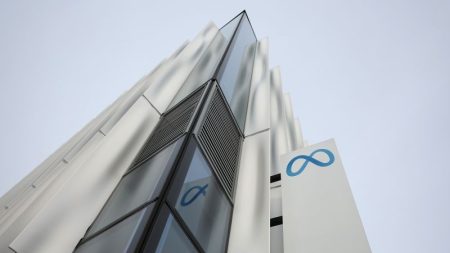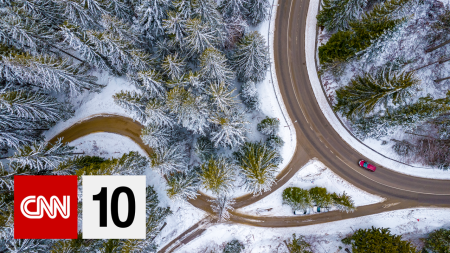Brazilian President Lula da Silva criticized Elon Musk’s “far-right anything goes” agenda due to his immense wealth in an interview with CNN Brasil. This comes after Musk’s social media site X was suspended in Brazil, a major market, affecting around 40 million users. The court ordered the suspension after Musk refused to name a legal representative in the country. Brazil has been cracking down on misinformation and hate speech online, leading to the shutting down of accounts affiliated with right-wing politicians and activists accused of undermining democracy.
The feud between Lula da Silva and Musk over free speech in Brazil has escalated, with Musk claiming censorship by the court’s actions. Brazil, an important market for X, has struggled with the loss of advertisers since Musk acquired Twitter and rebranded it as X. The suspension of the platform has led to Brazilians bidding farewell to X and moving to other social media platforms. The court’s orders to block X accounts are part of a broader investigation into the spread of misinformation and hate speech aimed at weakening Brazil’s democracy.
Lula da Silva believes that the world is not obligated to tolerate Musk’s extreme right-wing views just because of his wealth. Musk’s repeated claims of censorship have garnered support from Brazil’s political right. Musk further fueled the controversy by sharing a link on X to an upcoming demonstration protesting judicial overreach and defending free speech. The platform has previously shut down accounts of lawmakers and activists accused of undermining Brazilian democracy, in line with the court’s orders.
The struggle between Musk and the Brazilian government reflects broader concerns over free speech, misinformation, and hate speech online. The suspension of X in Brazil has highlighted the challenges faced by social media platforms in navigating different legal frameworks and cultural sensitivities. The court’s actions to block X accounts are seen as a way to protect democracy and combat the spread of false information that can incite violence and undermine the democratic process.
The issue of online censorship and regulation remains a contentious topic globally, with debates over the balance between free speech and the need to regulate harmful content. Musk’s assertion of being a “free speech absolutist” clashes with the efforts of authorities to curb misinformation and hate speech online. The situation in Brazil underscores the complexities and challenges of regulating social media platforms in a rapidly changing digital landscape, where the power dynamics between tech giants, governments, and users are constantly evolving.
As the feud between Lula da Silva and Musk continues, it raises questions about the responsibilities of tech companies, the role of governments in regulating online content, and the implications for democracy and free speech. Both sides are deeply entrenched in their positions, with Musk claiming censorship and Lula da Silva advocating for the protection of democracy and the rule of law. The outcome of this conflict could have far-reaching implications for the future of social media regulation and the broader impact on freedom of expression in Brazil and beyond.















